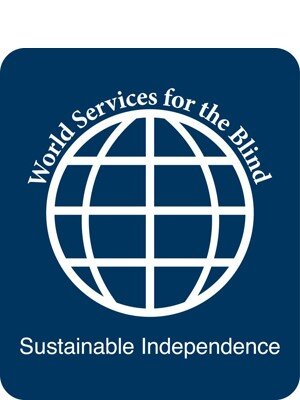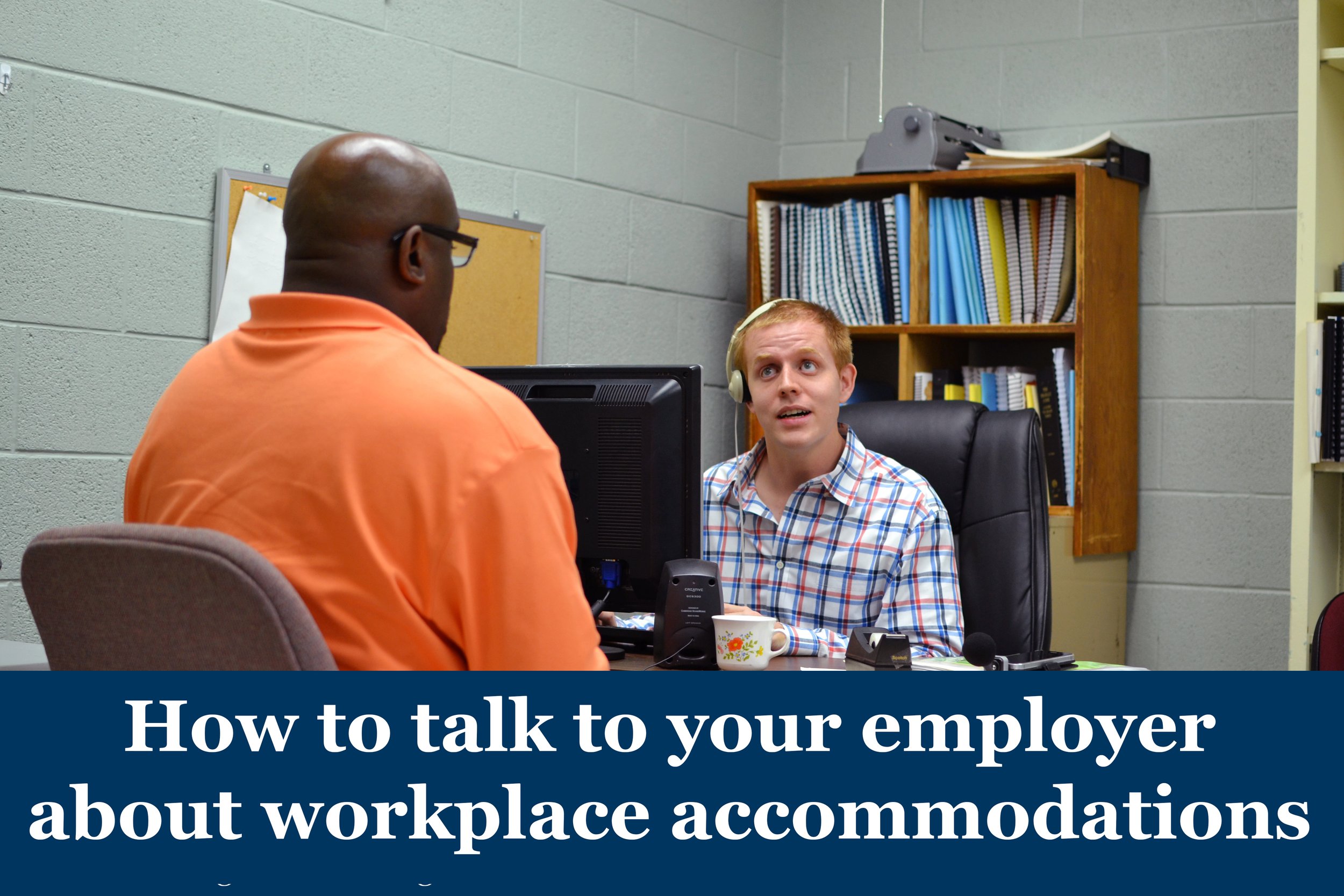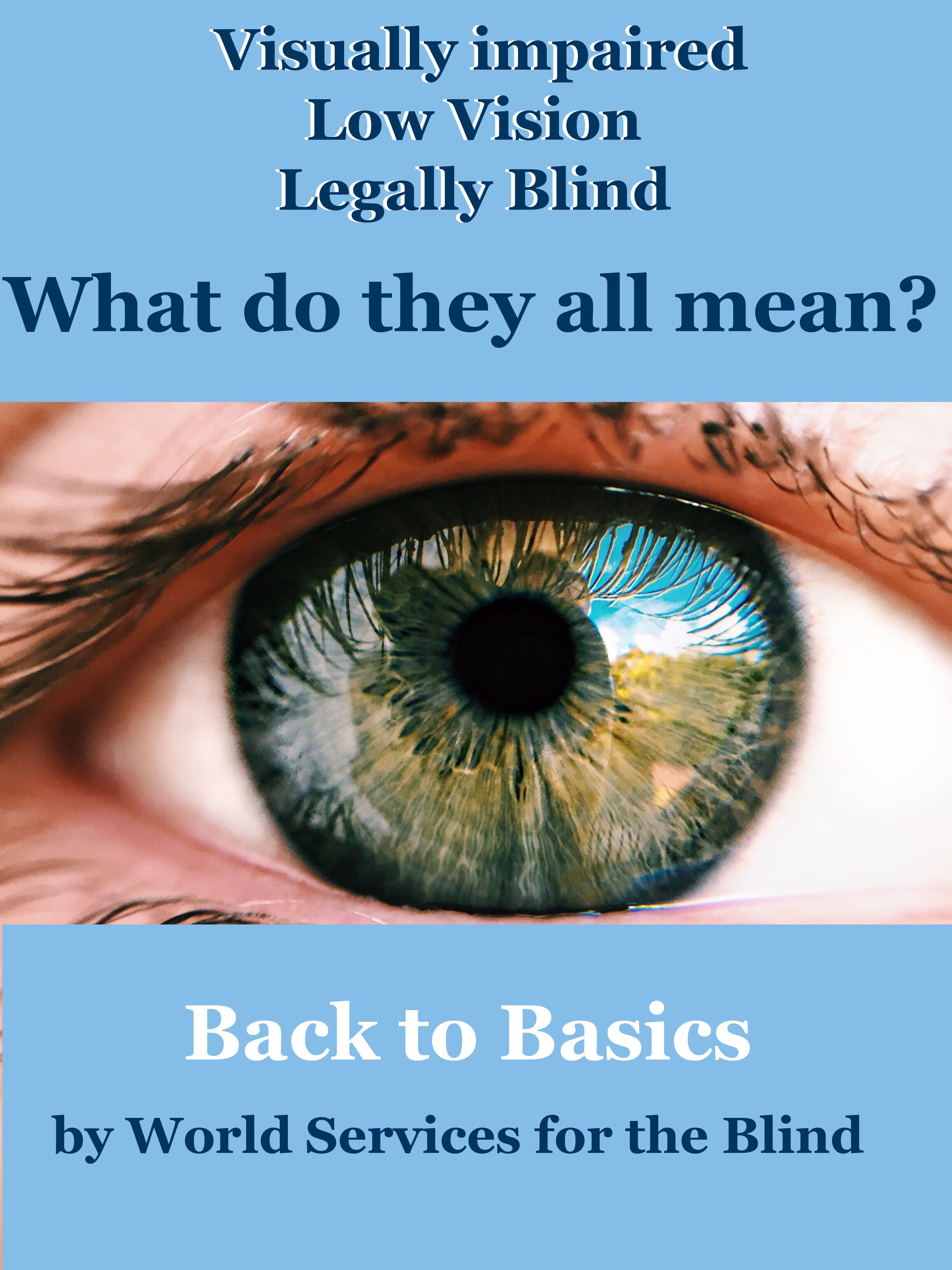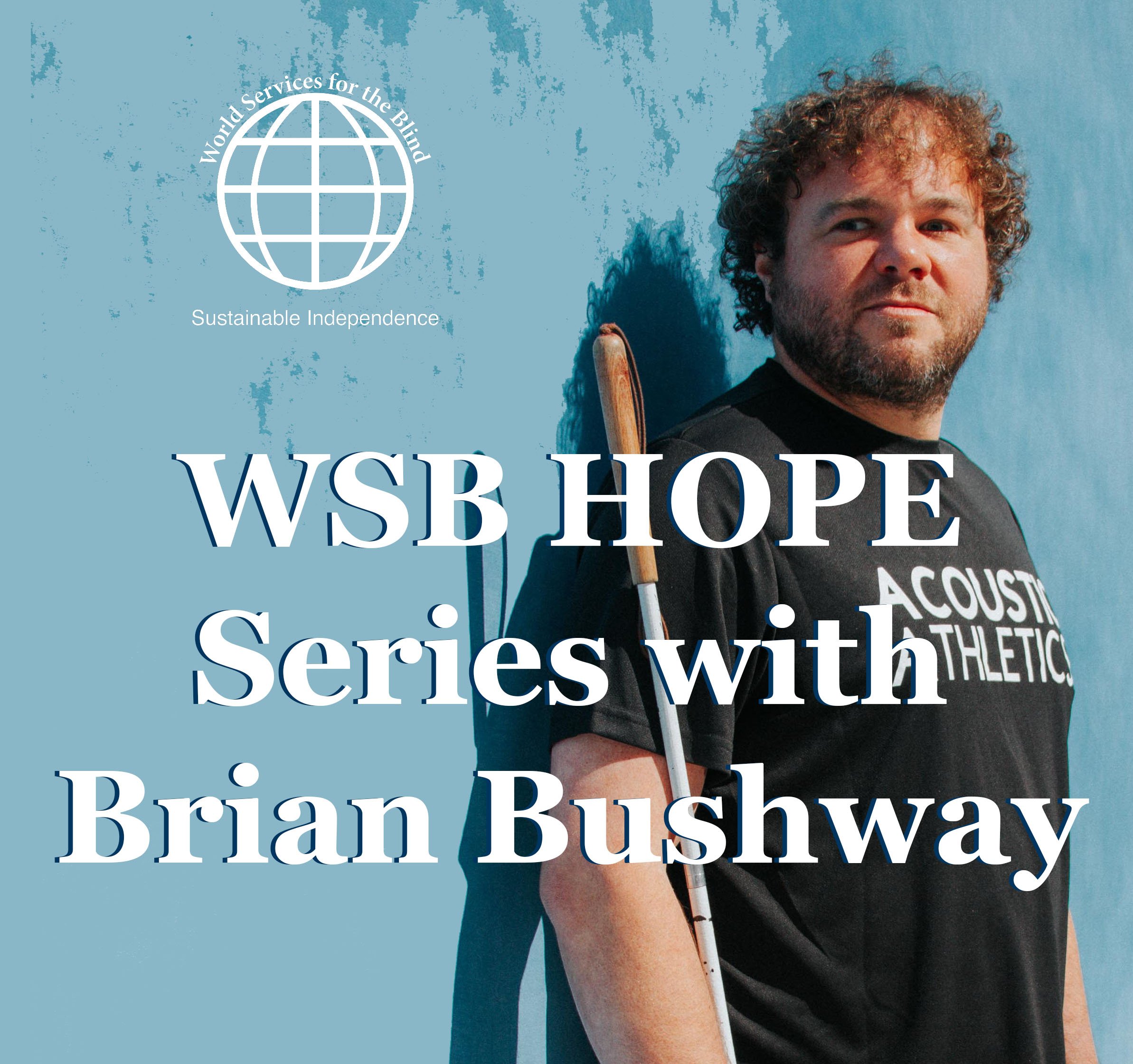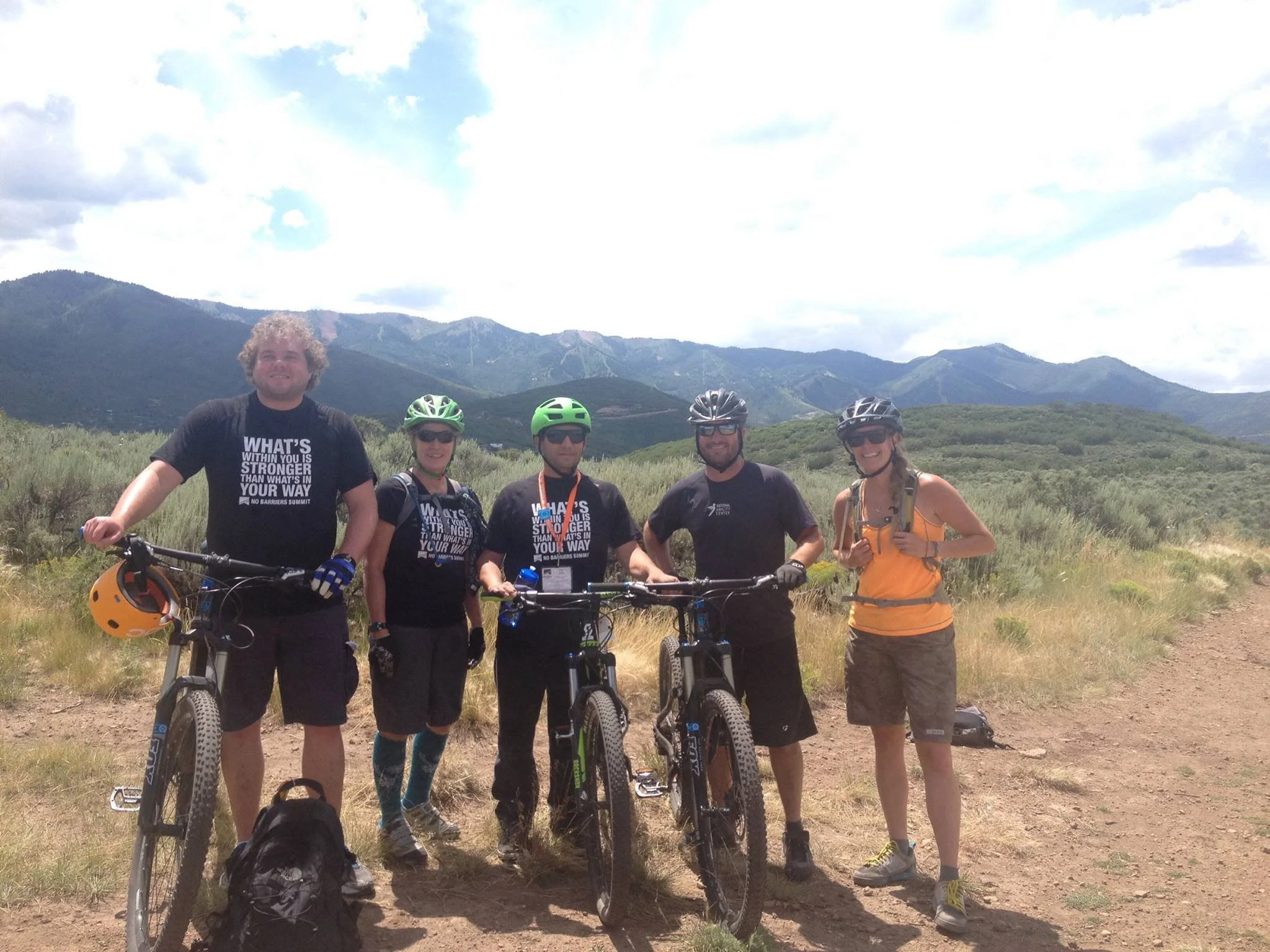Gift Guide for the Blind and Visually Impaired 2022
/close up of someone holding a present
Gift Guide for the Blind & Visually Impaired 2022
We featured a gift guide for the blind on the blog a few years ago, but we wanted to share an updated list in case you are still looking for presents for this holiday season! This is the perfect gift guide for the blind and visually impaired.
Games and Books
Uno Braille Edition – We love accessible games and Uno is a great one! You can even find the braille version on Amazon!
Bookshare membership - Bookshare is a great service that provides accessible books from PDF versions to word documents. A great gift would be a bookshare membership!
For the Tech Lover
We love featuring apps at WSB and Super Sense is no exception! Super Sense is a great AI reader that can detect signs, read papers, and even scan documents. A yearly membership for super sense is much less expensive than some of the other apps on the market. With the paid feature, you can scan documents and have them read and so much more!
Another great gift card idea to Envision Glasses! Envision glasses are on the pricier side but a great gift! They read visual information, recognize faces, and so much more!
For the Foodie
Menus4All – Another low cost option but Menus4All just launched! It’s a great gift for someone who wants to go out to eat and even explore accessible menus ahead of time. It’s only 2.99 a month or $29.99 for a yearly subscription.
For the Fashion Lover
We mentioned them last time, but we’d be remiss if we didn’t mention them this year! We are big fans of EyeSwear apparel. They are the perfect gifts for someone who has a snarky side to them ;)
Etsy has so many wonderful braille bracelets! You can personalize their name or anything you want.
Low and No Cost Gifts
We mentioned it last time but giving someone a ride is ALWAYS appreciated in the blind and visually impaired community!
Another great option is offering to run errands with someone whether it’s to the grocery store or to just offer to pick up their perscriptions.
What are you gifting this year? Let us know in the comments!
